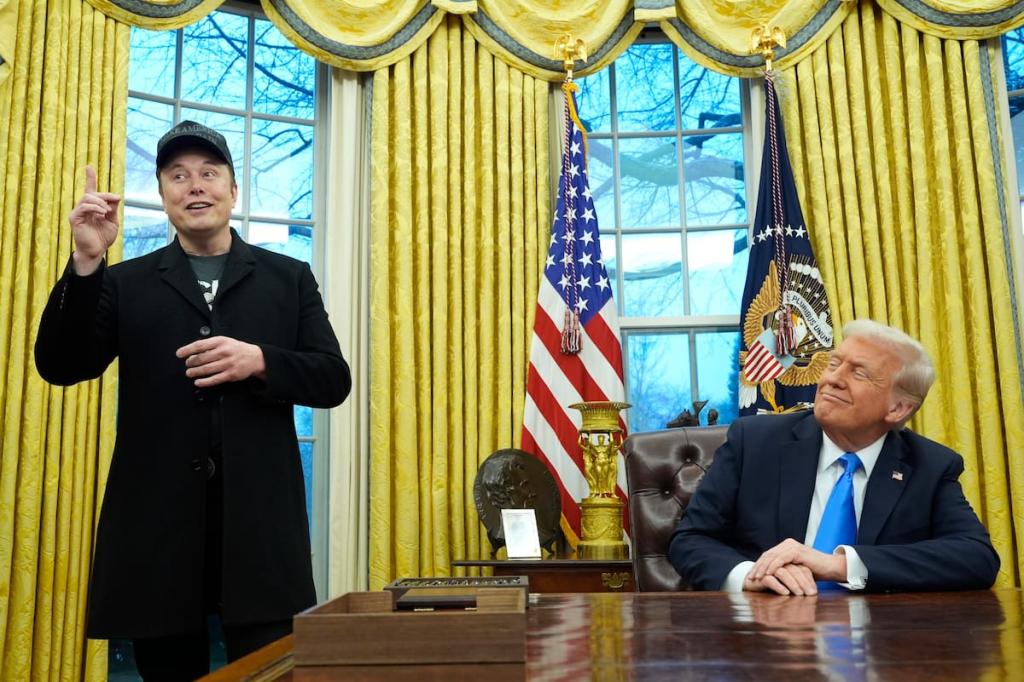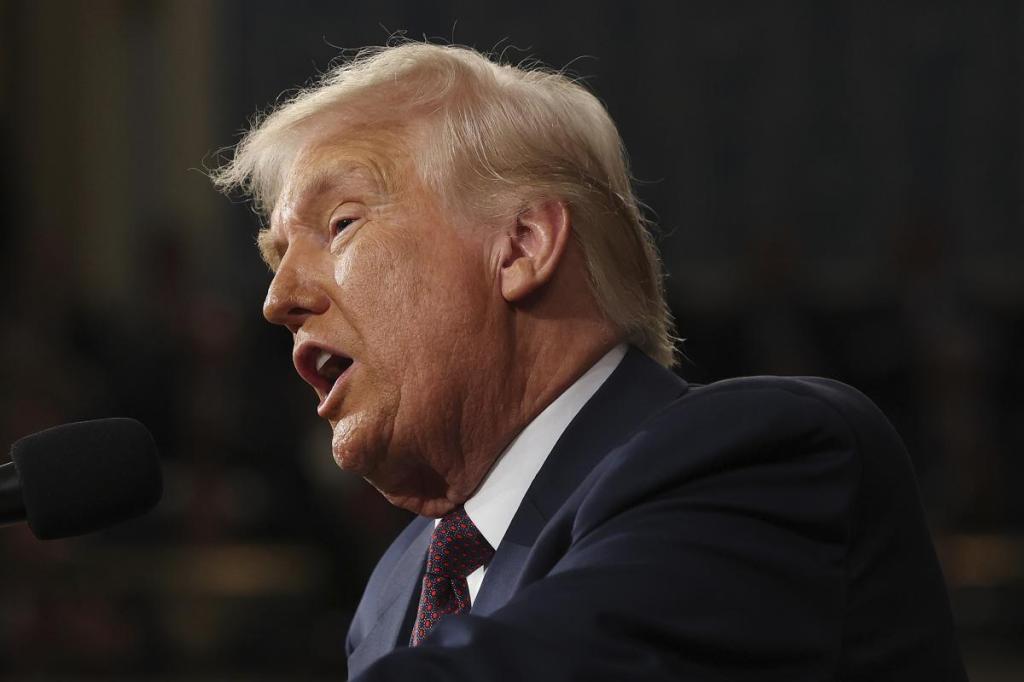Elon Musk's Controversial Demand from Federal Employees
Elon Musk's demand for federal workers to justify their roles raises crucial questions about accountability, ethics, and the future of public service.

Key Points
- Elon Musk
's directive for federal employees to report their weekly achievements has caused significant confusion and anxiety within the workforce.
- Legal and ethical concerns arise as the request may conflict with federal laws regarding employee privacy and job security.
- Labor unions are opposing Musk's measures, arguing they undermine respect for federal workers and could foster a toxic work environment.
The recent directive from Elon Musk regarding federal employees has stirred a significant debate across various sectors of government and civil service. As part of his role in the Department of Government Efficiency (DOGE) under
, Musk implemented an initiative asking federal workers to justify their productivity with a weekly email detailing their accomplishments. This directive raises important questions about accountability, the legitimacy of employment practices, and the implications of leadership styles in public service.

The Directive Explained
Musk’s initiative demands that over 2.3 million federal employees submit a response by the deadline, explaining their key achievements from the previous week. He stated that failing to respond would be interpreted as resignation from their roles. This ultimatum has understandably provoked anxiety and skepticism among those in the employee rank and file. Many federal agencies have openly contradicted this order, advising their employees to disregard the request, citing chain-of-command structures and legal implications around such direct oversight.
For example, the FBI and the
have both issued memos instructing employees not to respond. The conflicting messages from various departments highlight the chaos and confusion permeating the federal workforce, leaving many employees unsure of their obligations or potential repercussions.
Legal and Ethical Considerations
The implications of Musk's request extend into legal realms. Federal laws generally prohibit employees from sharing sensitive details about their work without specific authorization. This new requirement to detail achievements may conflict with those laws, particularly for those on leave or facing other circumstances that prevent them from responding promptly. As the situation unfolds, questions arise about the legality of interpreting a lack of response as a resignation.
This entire scenario showcases a disturbing trend in government where accountability measures may veer into invasiveness and potentially illegal territory. Legal experts are raising alarms about how such measures might be utilized to justify unwarranted dismissals or create an environment of fear among employees.
The Bigger Picture: Transforming Federal Employment
Elon Musk's vision for restructuring federal operations comes on the heels of broader government efforts to eliminate waste and inefficiency. His philosophy promotes offering maximum transparency, with claims of having saved an estimated $55 billion in federal expenses. However, these figures lack independent verification, raising additional concerns about transparency and accountability.
Moreover, Musk's proposals reflect a business-centric approach to governance, which may not be completely apt for federal employment practices. Government functions often require a nuanced understanding of public needs rather than a purely profit-driven mindset.
Union Responses and Future Implications
Labor organizations, such as the
, have vocally opposed Musk's measures, labeling them as punitive and disrespectful to federal workers. They argue that these moves are manifestations of an administration that fails to appreciate the complexities of public service. Union leaders emphasize the callousness of requiring veterans and public servants to justify their labor to a billionaire unaccustomed to such responsibilities.
The consequences of these initiatives may foster a toxic work environment, undermining morale and the sense of duty that many employees hold dearly. As this tumultuous landscape unfolds, it becomes increasingly crucial to assess how the balance between accountability and regard for the workforce can be maintained.
A Path Forward
Moving forward, it is essential that both federal leadership and employees engage in constructive dialogue aimed at addressing these concerns. Incorporating accountability measures should not equate to threats or intimidation. Instead, there should be a collaboration where employees can contribute to a more efficient government while feeling secure in their roles and contributions.
Ultimately, the integrity of public service will hinge on balanced policies that foster accountability without compromising the respect and dignity of the workforce. As this situation develops, it is worth watching how these challenges are navigated and what lasting changes will emerge from this very public discourse on government employment and efficiency.


